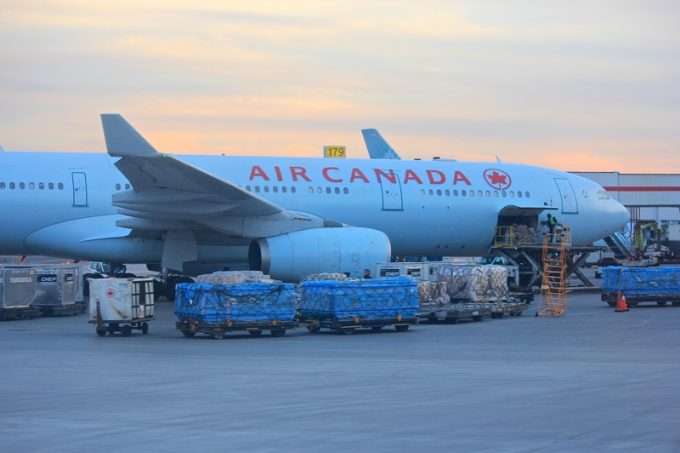M&A speculation swirls as EV Cargo unveils 'robust financial position'
EV Cargo has published improved financial results – but has remained tight-lipped about increasingly loud ...

Cargo is growing larger wings at Air Canada (AC) – by the end of next year the airline intends to have seven freighters in operation, and it is about to officially launch an e-commerce service.
“Cargo will be an increasingly important part of Air Canada’s future,” said outgoing president & CEO Calin Rovinescu this week, following the release of the company’s fourth-quarter and the full-year results for 2020.
When it announced the decision to convert two B767-300ERs into all-cargo configuration, management hinted ...
Volcanic disruption at Anchorage could hit transpacific airfreight operations
Macron calls for ‘suspension’ – CMA CGM's $20bn US investment in doubt
De minimis exemption on shipments from China to the US will end in May
Forwarders stay cool as US 'liberation day' tariffs threaten 'global trade war'
Trump tariffs see hundreds of cancelled container bookings a day from Asia
Mixed response in US to 'Liberation Day', while China leads wave of retaliation
Tariffs and de minimis set air freight rates on a volatile course


Comment on this article